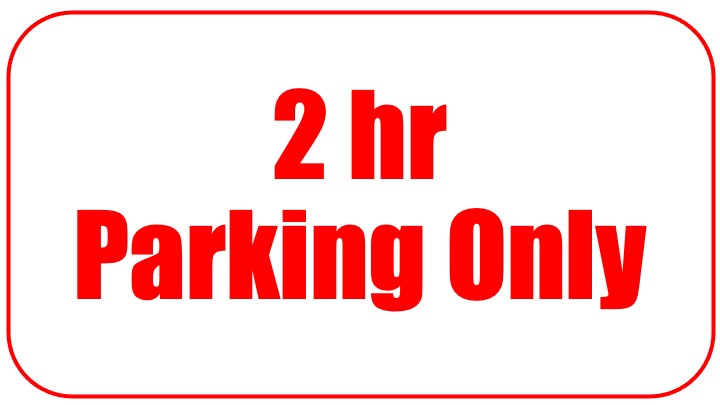Edinburg Moves to Control Parking Near Courthouse to Support Small Businesses

Arnoldo Mata
EDINBURG TX – The Edinburg City Council on Tuesday approved the first phase of a parking ordinance aimed at easing congestion and restoring access for small businesses near the newly reopened courthouse.
The new ordinance amends the city’s Code of Ordinances to establish “Schedule Three” parking zones with set hours, locations, and penalties. The measure introduces two-hour parking limits in designated areas around the downtown district, where business owners say customer access has been blocked by courthouse-related parking.
Mayor Ramiro Garza Jr. said the initiative is intended to support local businesses that have struggled with limited parking availability since the courthouse resumed full operations.
“Employees are parking in front of businesses from 8 to 5, leaving no room for customers,” Garza said during the meeting. “This is actually to help those small businesses by increasing parking turnover.”
Council members and city staff emphasized that the ordinance is a temporary solution, with plans underway to explore the installation of parking meters as a longer-term fix. Several streets included in the ordinance had previously been marked as no-parking zones. The changes will reintroduce parking access for short-term visitors to the courthouse and surrounding businesses.
Not all residents supported the ordinance. During public comments, longtime resident Fern McClaugherty raised concerns about the two-hour time limit, particularly for those attending court hearings that often last longer.
“You don’t know if you’ll be in court for two hours or four,” McClery said. “To penalize the public—shame on you if you do this.”
McClaugherty also voiced concerns over towing enforcement, citing past issues with local towing companies. In response, Garza said the Edinburg Police Department will oversee enforcement and that the city will adjust the ordinance if needed.
The city attorney Josephine Ramirez-Solis noted that some downtown areas had become de facto no-parking zones during the courthouse’s construction and that the ordinance will help formalize and expand available spaces for transient visitors.
Councilman Dan Diaz said the issue was brought to his attention by business owners seeking ways to reserve parking for their clients. The city’s move to act swiftly, he said, was a response to immediate complaints from those already feeling the effects of reduced customer access.
“This is temporary,” Diaz said. “But businesses are already being impacted, so we’re trying to provide relief as soon as possible.”
City staff confirmed that planning for parking meters is underway and will require funding and procurement before implementation.

